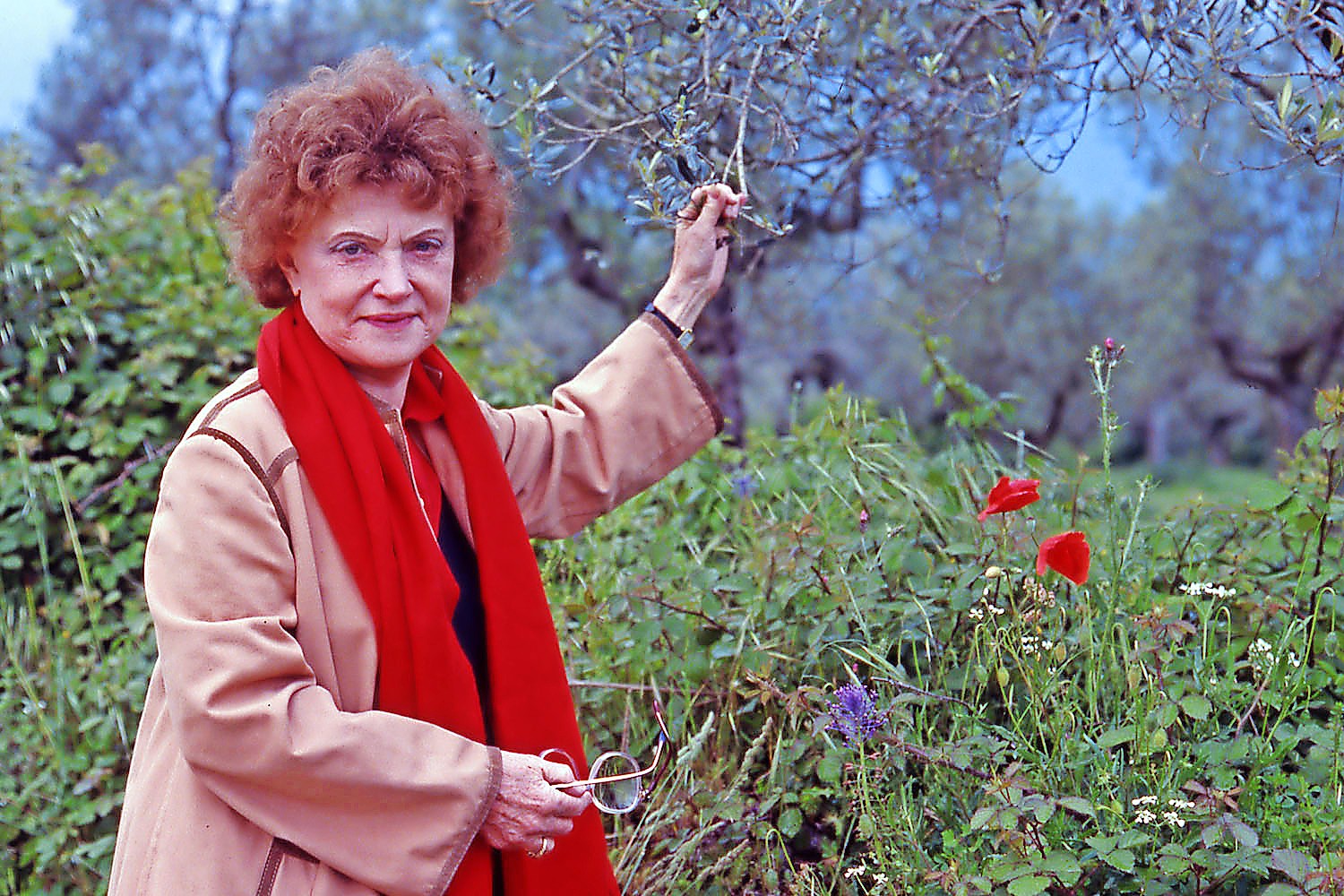In these days, the dying days of paper, biography is busy gnawing hungrily on its own bones, and it's all a bit dusty and wearying as well as very meta. When I opened Frances Wilson's new book about Muriel Spark and read of her longstanding interest in Martin Stannard's 2009 biography of the writer – a volume he was invited to write by Spark, who then went apeshit when she read his manuscript – I'll admit to a certain tiredness. Was it really so odd that she brought "a stranger" into her life, for all that she was so famously controlling? It seemed to me that either Spark had mistaken Stannard, an academic at Leicester University, as nothing more than a stenographer and a poodle, or (more likely) that the whole sorry business had simply ended up being too much for her. Writers are ever ruthless, but their stomachs are no stronger than anyone else's when it comes to reading about themselves.
But of course this was dumb of me. Wilson is not any old biographer. Her books are intense, eclectic and wildly diversionary, her intelligence rising from their pages like steam – and in Spark, the cleverest and the weirdest of them all, she may have found her ultimate subject. Her chief interest lies not in Spark’s later fame and those who fanned its flames. In Electric Spark, she is concerned only with the nascent writer, bubbling away like a pan on a stove (Spark was 39 when her first novel, The Comforters, was published). This is the story of “the years of turbulence when everything was piled on”, and to read it is to be drawn into a world that smells of gas fires, Max Factor pressed powder and (a little harder to identify) unspoken but thrumming ambition.
‘One is a magnet for experience,’ Spark once said, and things do keep happening
‘One is a magnet for experience,’ Spark once said, and things do keep happening
By now, we know the bones of the tale. Spark was born in 1918 in Edinburgh, where she was raised as a “gentile-Jewess” by parents she ostensibly loved, and who loved her back in return. But she was restless, a born escapee. At 19, she travelled to what’s now Zimbabwe to marry a man she barely knew, Sidney Oswald Spark, AKA Ossie, an army administrator turned teacher who had the university degree she never got herself (no funds). They soon had a son, Robin, but it was no good. As Wilson writes, as a couple they enjoyed no honeymoon period; unhappiness was their wedding breakfast. Ossie was paranoid and prone to violent outbursts. She left him, the decision clarified by the death of another expat, Nita McEwan, a woman she’d known at school who was murdered by her husband in 1939. Six-year old Robin having been placed in the care of a convent, Spark surreptitiously set sail for Liverpool in 1944. (Robin, from whom she eventually became fully estranged, would be brought up by her parents in Edinburgh.)
What followed was hardscrabble: a hopscotch existence comprising unlikely jobs and even more unlikely acquaintances. She worked in black propaganda somewhere near Bletchley Park, and then she ran the Poetry Society, where a putsch was mounted against her, led by Marie Stopes, the eugenicist birth control campaigner. But never mind. The electricity of Wilson’s title is already crackling, an energy born of brains and determination but also of something more eldritch. “One is a magnet for experience,” Spark once said, and things do keep happening: an encounter with Louis MacNeice’s library (he’s not at home); a breakdown; a conversion to Catholicism. Doppelgangers, telephones and radionics (a spurious psuedo-science in which the electromagnetic waves of the healthy are used to cure the sick) all play a part. If people are beguiled by Spark – more than one man believes her to be a witch – they’re also waiting for a lightning flash of damnation in the form of her terrible, unwarranted honesty. “I would have marvellous times with her,” said the writer Shirley Hazzard. “But there was always a feeling: What on earth is coming next? The abyss was yawning there.”
This, as devotees of Spark will know, is precisely the feeling you get from her novels, so cold and puzzling, so witty and brilliant. Wilson makes connections between the life and a select group of her books, among them The Prime of Miss Jean Brodie (1961) and A Far Cry from Kensington (1988). But she doesn’t push it. The life, in a peculiar way, speaks for itself. In postwar London, Spark was akin to an untouchable: a divorcee, a single mother, a career woman. And yet people warmed their hands on her. She was compelling, in the fullest and most dangerous sense of the word: not a witch, exactly, but one blessed with powers it would be embarrassing even to begin to try to describe in a short review like this. As for Wilson, her achievement in Electric Spark, a brilliant book by any standards, isn’t to explain the writer (this is impossible, and she knows it), but to be somehow carried along in her slipstream. There is an uncanny closeness between biographer and subject at play here, and I find myself wondering whether Wilson didn’t feel at times as if her manuscript wasn’t a form of automatic writing.
Electric Spark: The Enigma of Muriel Spark by Frances Wilson is published by Bloomsbury (£25). Order it at observershop.co.uk for a special 20% launch offer. Delivery charges may apply
• This article was amended on 6 June 2025 to remove a reference to a quote about Muriel Spark mistakenly attributed to her longtime friend Alan Taylor.
Photograph by Edoardo Fornaciari/Getty
Newsletters
Choose the newsletters you want to receive
View more
For information about how The Observer protects your data, read our Privacy Policy

